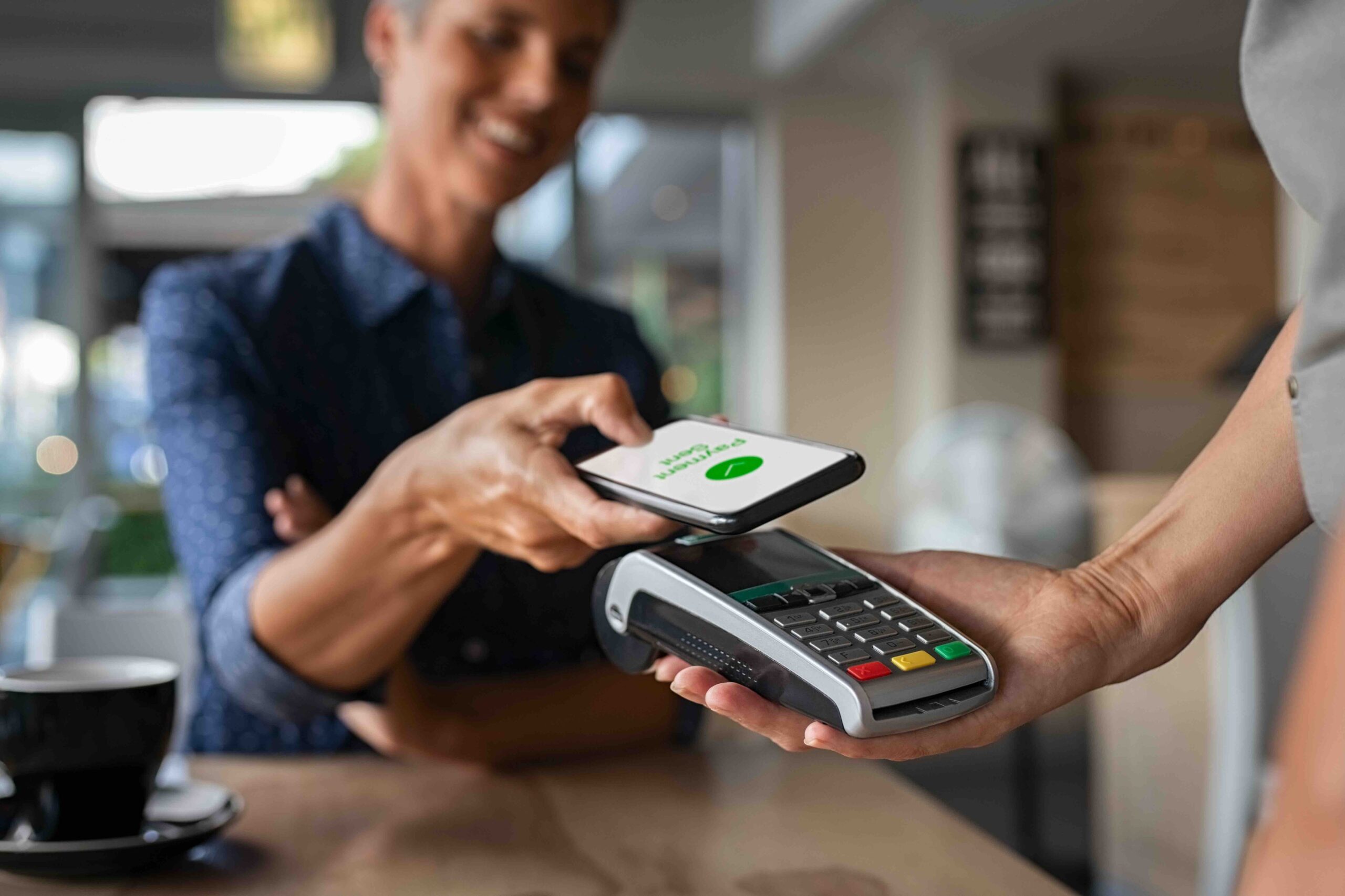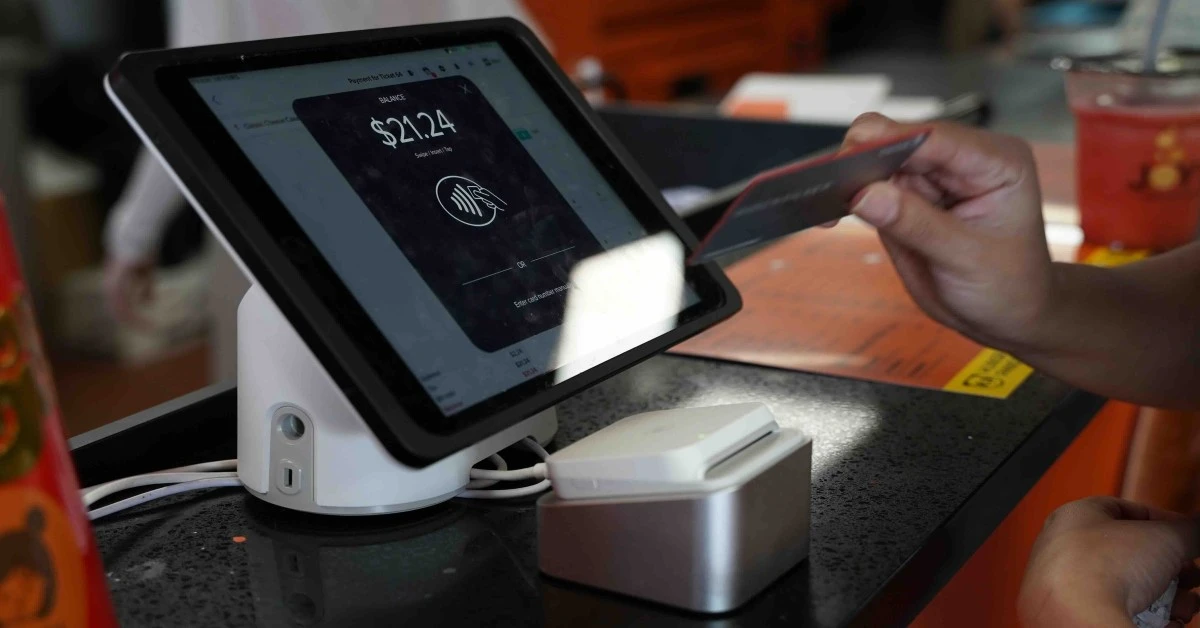Understanding PCI Compliance for POS Systems

In today’s digital-first retail and hospitality landscape, securing customer payment data is not just good practice—it’s a regulatory necessity. For businesses using point of sale (POS) systems, PCI compliance plays a critical role in safeguarding cardholder data and maintaining trust.
Whether you’re a small retailer or a multi-location franchise, understanding PCI DSS (Payment Card Industry Data Security Standard) compliance is essential. In this post, we’ll break down what PCI compliance means for POS systems, why it matters, and how your business can stay compliant.
What is PCI Compliance?
PCI compliance refers to adherence to the Payment Card Industry Data Security Standard (PCI DSS)—a set of security standards developed by the major credit card brands (Visa, MasterCard, American Express, Discover, and JCB) to protect cardholder information.
Any business that stores, processes, or transmits credit card data is required to comply with PCI DSS, regardless of size or transaction volume.
Why PCI Compliance Matters for POS Systems
Your POS system is a critical point of entry for sensitive payment information. Without proper security controls, it becomes a prime target for data breaches and cyber attacks.
Failure to comply can result in:
- Costly fines and penalties from credit card networks
- Reputational damage and loss of customer trust
- Legal liabilities in the event of a data breach
- Higher transaction fees or revoked card processing privileges
Key PCI DSS Requirements Relevant to POS
There are 12 core PCI DSS requirements, but for POS systems, here are the most critical:
- Install and maintain a firewall to protect cardholder data.
- Do not use vendor-supplied defaults for system passwords and other security settings.
- Protect stored cardholder data (e.g., encryption, masking).
- Encrypt transmission of cardholder data across open, public networks.
- Use and regularly update antivirus software on all systems.
- Develop and maintain secure systems and applications.
- Restrict access to cardholder data by business need-to-know.
- Assign unique IDs to anyone with computer access to data.
- Restrict physical access to cardholder data.
- Track and monitor all access to network resources and cardholder data.
- Regularly test security systems and processes.
- Maintain an information security policy for employees and contractors.
Types of POS Deployments and Their Compliance Implications
Different POS architectures carry different compliance burdens:
- Cloud-based POS: Typically reduce your scope of PCI DSS by outsourcing data storage and transmission to secure, compliant service providers.
- On-premise POS: Places more responsibility on your internal IT team for firewalls, updates, monitoring, and access control.
- Mobile POS (mPOS): May use smartphones or tablets and must ensure encrypted card readers and secure apps are in use.
Best Practices for Maintaining PCI Compliance
- Use a PCI-validated POS provider: Choose vendors who are already compliant and can provide Attestation of Compliance (AOC).
- Tokenize and encrypt payments: Ensure card data is never stored in plain text and is encrypted end-to-end.
- Conduct regular vulnerability scans and penetration testing.
- Keep all systems updated: POS software, operating systems, firewalls, and anti-malware tools.
- Educate your staff: Train employees on data security policies, safe payment handling, and spotting suspicious behavior.
- Implement strong access controls: Use role-based access and multifactor authentication.
- Maintain detailed logs and monitoring tools: Keep a record of all access to payment systems and set alerts for anomalies.
Staying Ahead of Compliance
Compliance isn’t a one-and-done task—it’s an ongoing commitment. As cyber threats evolve and your business grows, your POS and payment infrastructure must keep pace. Regular audits, employee training, and technology updates are essential.
Additionally, consult your acquirer or payment processor for guidance on your specific PCI requirements, especially if you’re expanding into new payment channels like ecommerce or contactless transactions.
Final Thoughts
PCI compliance for POS systems isn’t just about avoiding fines—it’s about building a foundation of trust and security with your customers. By proactively aligning your POS environment with PCI DSS requirements, you protect not just your bottom line, but your brand’s reputation.






